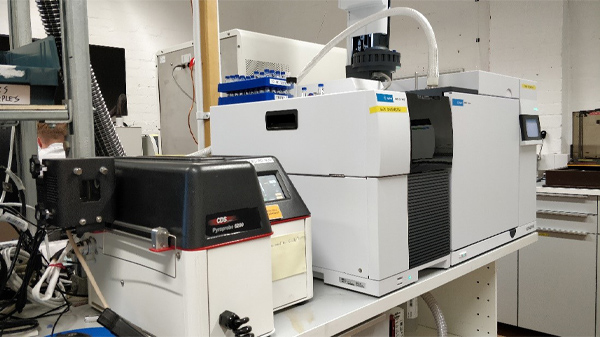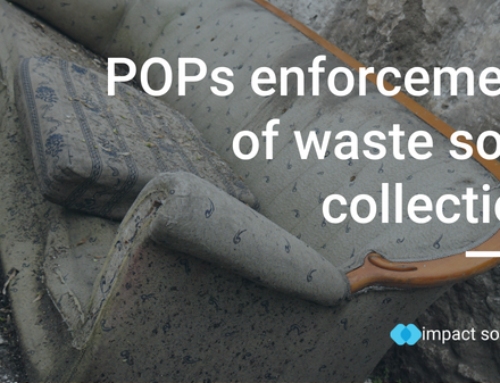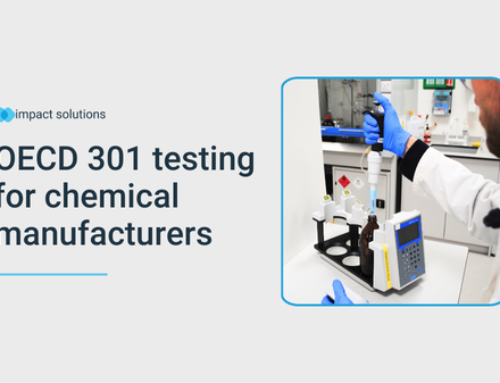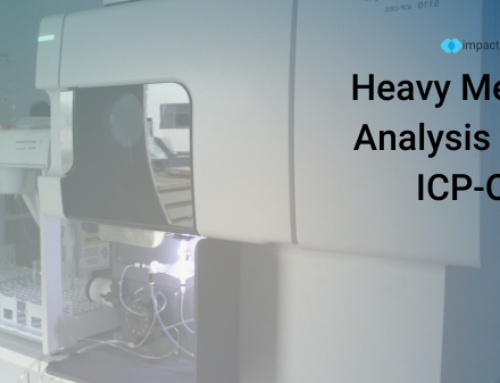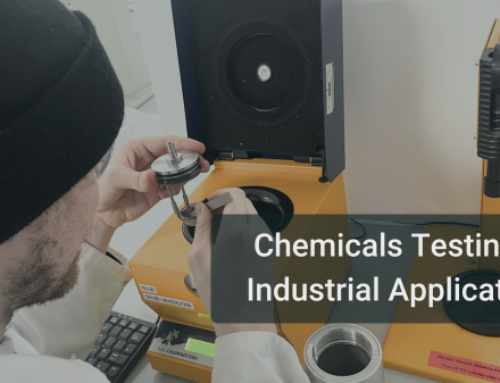Most of the packaging materials used in the food/drink, household and cosmetic sectors are made of plastics such high density polyethylene and polyethylene terephthalate (PET). These plastics are widely recyclable and reusable across the globe. But a large majority of the plastics used contain additives like limonene which is the most common fragrance – deodorant.
But limonene has been found to be a skin and eye irritant when in contact with humans and has a strong odour and taste. Therefore, a thorough cleaning process is mandatory before reprocessing any used packaging to ensure the safety of the recycled product and reduce cross contamination.
Upon decontamination, a regular quality check is required to make sure that the limonene content is down to “safe” levels, nominally 0.5 part per million (ppm). The current method for limonene content testing in plastics is based on gas chromatography – mass spectrometry (GC-MS) after following a relatively timely process of solvent extraction. The sample extraction before testing requires the use of harmful solvents, use of PPEs, fume cupboards, glassware and of course, time. Thus, although GC-MS is the most reliable method, the timely sample preparation renders the whole testing process non-cost effective.
Recently, a state-of-the-art technology has been developed that allows the analysis of limonene (and other additives) using a pyrolyser connected to a gas chromatograph – mass spectrometer system (Py-GC-MS). The pyroprobe uses thermal desorption instead of more time consuming and less environmentally friendly solvent extraction. The probe accommodates a quartz sample tube where the polymer samples can be inserted. If programmed at 100-300˚ C, this temperature is sufficient for the thermal desorption of volatile compounds from the polymer matrix without degrading the polymer.
Here at Impact Solutions we are equipped with a latest technology pyrolysis-GCMS unit from Analytix and Agilent. Our unit is capable of performing evolved gas analysis revealing information about additives, decomposition and failure analysis and main product identification. For more information please contact us and one of our qualified chemists will be in touch with you to discuss your project.
Be sure to also head to our Facebook, Twitter and LinkedIn to learn more about our testing capabilities.

Figure 2 – PET (polyethylene terephthalate) soft drinks and water bottles.

